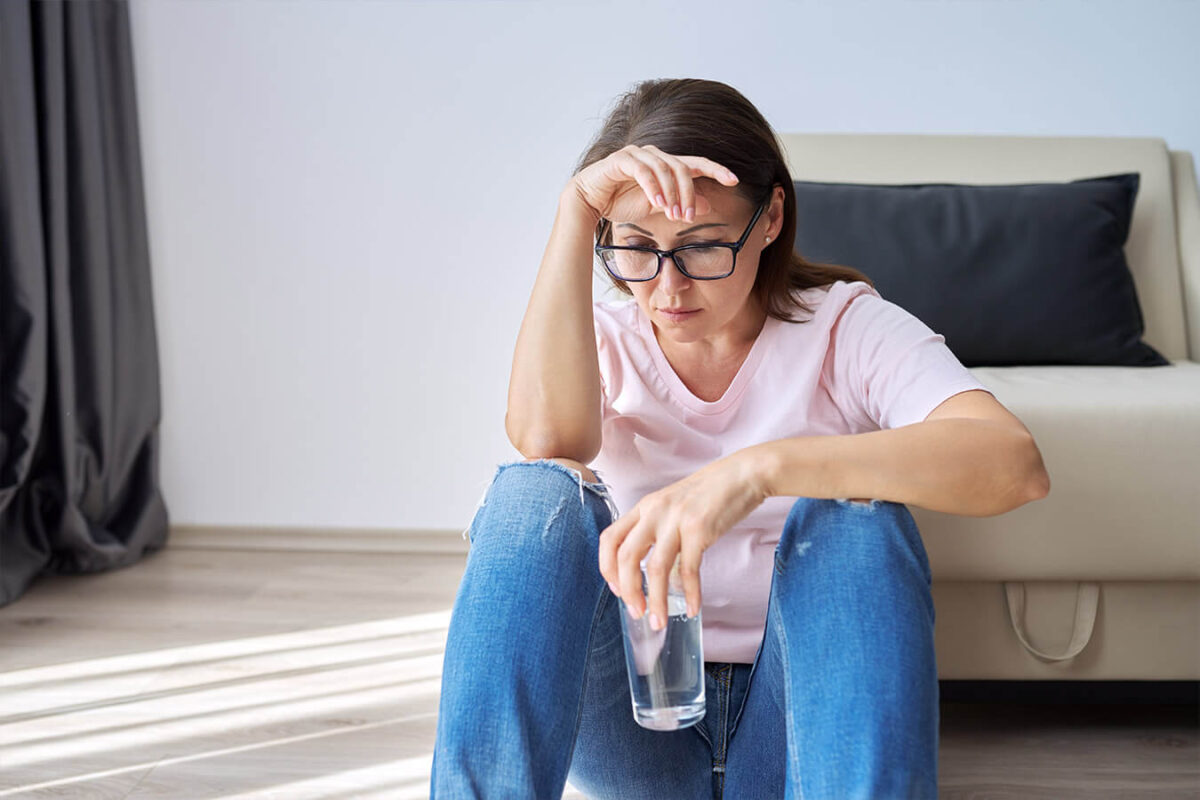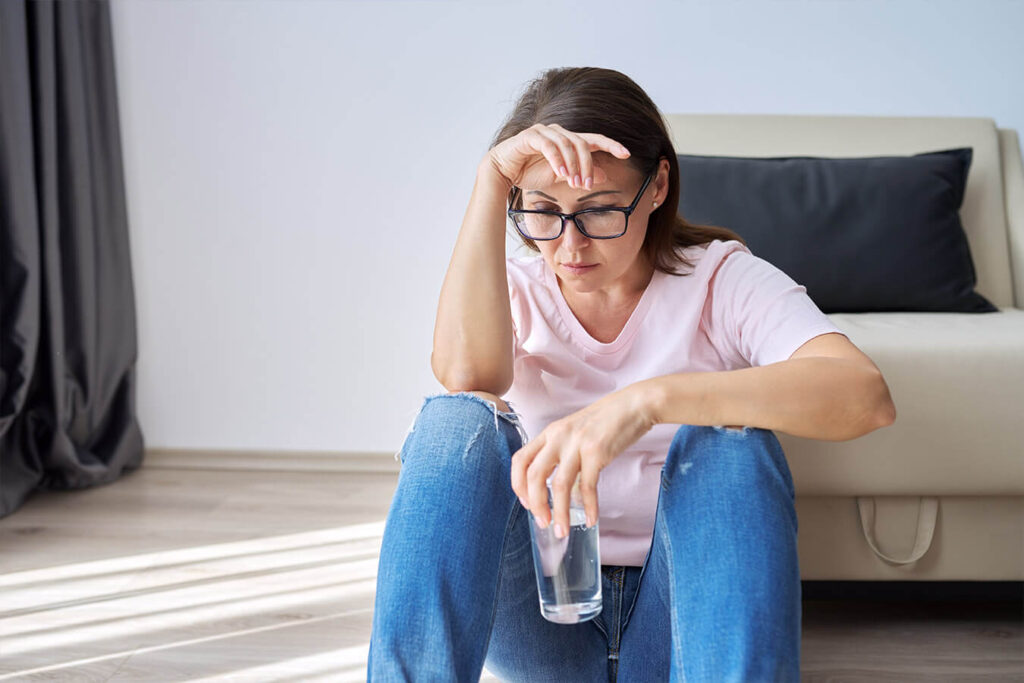Menopause is a natural process that marks the end of reproductive function in women. It is accompanied by various physical changes, including vaginal dryness and hair loss, which are both linked to a decline in estrogen levels.
Vaginal dryness is a common symptom of menopause, affecting up to 50% of women. Estrogen helps maintain the elasticity and moisture of vaginal tissue, and the decline in estrogen levels during menopause leads to thinning and drying of the vaginal walls. This can cause discomfort during sexual activity and increase the risk of vaginal infections. To alleviate vaginal dryness, qualified OB/GYN physicians like Dr. Jeffrey Kotzen can prescribe hormone replacement therapy (HRT) to replenish estrogen levels. HRT may be administered orally or vaginally to increase moisture and elasticity of the vaginal tissue.
Hair loss is another common symptom of menopause, affecting up to 50% of women. Estrogen is also responsible for promoting hair growth, and the decline in estrogen levels during menopause can cause hair to become thinner, drier, and more brittle. Qualified OB/GYN physicians like Dr. Jeffrey Kotzen can recommend hair supplements or HRT to help stimulate hair growth. HRT can help restore hormonal balance, improve blood circulation, and promote hair growth.
Vaginal dryness and hair loss during menopause can have a significant impact on a woman’s quality of life, causing physical discomfort, emotional distress, and decreased self-esteem. Qualified OB/GYN physicians like Dr. Jeffrey Kotzen can provide personalized treatment plans based on a woman’s medical history, symptoms, and preferences. Treatment options may include lifestyle changes, over-the-counter remedies, or prescription medications.
It is important to note that HRT may not be suitable for all women, and the risks and benefits of this therapy should be carefully considered. Qualified OB/GYN physicians like Dr. Jeffrey Kotzen can assess a woman’s medical history and individual risk factors to determine the most appropriate treatment plan. Other treatment options for vaginal dryness may include lubricants, moisturizers, or vaginal dilators.
In addition to medical treatment, lifestyle changes can also help alleviate vaginal dryness and hair loss during menopause. Women can incorporate a balanced diet rich in essential vitamins and minerals, such as biotin, vitamin C, and iron, to support healthy hair growth. Regular exercise, stress management, and relaxation techniques, such as yoga or meditation, can also help manage menopausal symptoms.
In conclusion, vaginal dryness and hair loss are common symptoms of menopause that are linked to a decline in estrogen levels. Qualified OB/GYN physicians like Dr. Jeffrey Kotzen can help women manage these symptoms through personalized treatment plans that may include HRT, over-the-counter remedies, prescription medications, or lifestyle changes. Women should discuss their symptoms with a healthcare provider to determine the most appropriate treatment plan for their individual needs.



